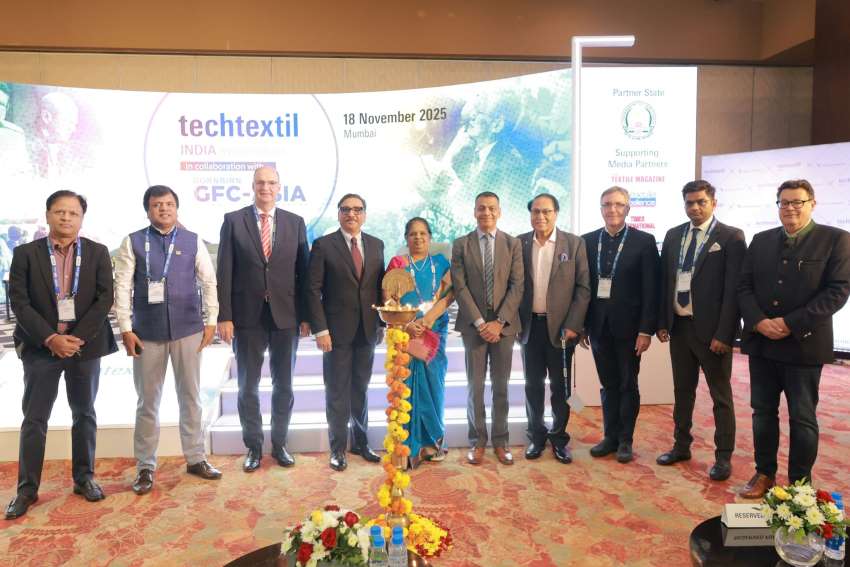Nigeria imports a high proportion of fabrics and textile materials. This affects the textile industry as these commodities could have been produced within the country. The high rate of imports of textile materials do not allow the revival of the country’s ailing textile sector.
In Nigeria for instance, more than 80 per cent of all finished consumer products are imported.
Cotton farming in Nigeria over the years has suffered because the opportunity cost of planting cotton has remained high. Cotton does not compete favorably against other lower risk crops and this has led to a dwindling of farmers involved in cultivating the crop over time.
The electricity supply is still below 20 per cent. Since manufacturers cannot produce enough material, this means that textile traders down the line must rely on imports, much of which is smuggled.
At the same time, importers have tightened the supply chain, insisting on upfront payment since the local currency was devalued.
In the face of stiff Asian competition, manufacturers are asking for government protection. Traders, on the other hand, want a quick propping up of the local currency to make imports affordable.
Employment of casual workers is not allowed in the industry.












